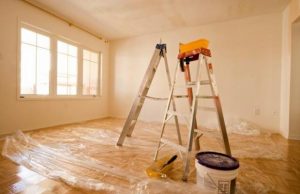In-Home Disability Support Transforming Lives

For individuals living with disabilities, maintaining independence and a high quality of life is often a primary goal. While challenges may arise, combining home care services and innovative solutions like in-home disability support, automatic sliding doors, and custom sliding doors makes life easier and more fulfilling for many.
This article explores how in-home disability support services transform lives, highlighting their benefits and discussing how modern home modifications are crucial in creating accessible and empowering living environments.
The Role of In-Home Disability Support
In-home disability support services are tailored to meet unique needs of individuals with physical or cognitive challenges. These services go beyond basic caregiving, focusing on empowering individuals to live independently in their own homes while maintaining their dignity and freedom.
Support can include assistance with daily activities such as:
- Personal hygiene and grooming
- Meal preparation
- Mobility assistance
- Medication management
- Housekeeping tasks
Receiving personalised care in the comfort of their homes allows individuals to maintain routines and enjoy a sense of normalcy. This not only fosters emotional well-being but also promotes confidence and independence.
Benefits of In-Home Disability Support
- Personalised Care: Unlike institutional care, in-home disability support is highly customised. Care plans are designed to address individual needs, ensuring the right level of support is provided without compromising personal independence.
- Enhanced Safety: Caregivers are trained to ensure a safe environment for those with disabilities. This includes fall prevention strategies, help with mobility, and the creation of accessible spaces within the home.
- Improved Quality of Life: Having professional support at home allows individuals to focus on their interests and hobbies without the stress of managing daily tasks alone.
- Family Support: In-home services also provide relief for family members, offering them peace of mind and the opportunity to spend quality time with their loved ones instead of acting as primary caregivers.
Modern Home Modifications for Accessibility
In addition to caregiving, the physical environment plays a crucial role in supporting individuals with disabilities. Homes can be adapted to create safer, more accessible spaces. One of the most impactful modifications is the installation of automatic sliding doors and custom sliding doors.
Automatic Sliding Doors
Automatic sliding doors are an excellent solution for individuals with mobility challenges. These doors provide hands-free operation, making it easier for individuals using wheelchairs, walkers, or crutches to move freely within their homes. Key benefits of automatic sliding doors include:
- Ease of Access: Automatic doors open and close effortlessly, reducing physical strain.
- Increased Safety: With sensor-based technology, these doors prevent accidental closures and ensure a smooth transition between rooms.
- Modern Aesthetic: Beyond functionality, automatic sliding doors add a sleek, contemporary touch to any home.
Custom Sliding Doors
Custom sliding doors are another practical option for enhancing accessibility. These doors can be tailored to fit specific needs and spaces, ensuring that they blend seamlessly into the home’s design. Some key features include:

- Wider Openings: Custom doors can accommodate wheelchairs or other mobility aids.
- Low-Threshold Designs: These minimise tripping hazards and make it easier to move between rooms.
- Durable Materials: Custom sliding doors are often made with robust, long-lasting materials that withstand daily use.
By incorporating these modifications, homes become more accessible and safer, ultimately supporting the independence of individuals with disabilities.
The Intersection of Home Care and Home Design
Combining in-home disability support and thoughtful home design creates a powerful synergy. While caregivers provide the human touch, home modifications like automatic and custom sliding doors address the physical barriers that might limit mobility or access.
For example:
- A caregiver assisting with daily tasks can do so more efficiently in a home equipped with wide, automatic sliding doors, allowing easier movement between rooms.
- Custom sliding doors leading to outdoor spaces can encourage individuals to spend more time in nature, improving their mental health and overall well-being.
The Future of In-Home Disability Support
As technology advances, the future of in-home disability support looks promising. Innovations like voice-activated systems, smart home devices, and advanced mobility aids complement traditional caregiving services. These technologies, combined with accessible home designs, will further enhance the independence and quality of life for individuals with disabilities.
Moreover, the growing awareness of the importance of accessibility is driving demand for inclusive designs in both new builds and home renovations. Products like automatic and custom sliding doors are becoming more readily available and affordable, making it easier for families to create disability-friendly living spaces.
Conclusion
In-home disability support services transform lives by providing personalised care, promoting safety, and enhancing quality of life. When combined with modern home modifications like automatic sliding doors and custom sliding doors, these services empower individuals with disabilities to lead fulfilling, independent lives.
The integration of caregiving and accessible home design ensures that individuals can overcome physical barriers while enjoying the comfort and familiarity of their own homes. As advancements in technology and design continue, the possibilities for creating supportive, empowering environments are limitless. By investing in both professional support and innovative home solutions, families can help their loved ones thrive in a safe and accessible space.









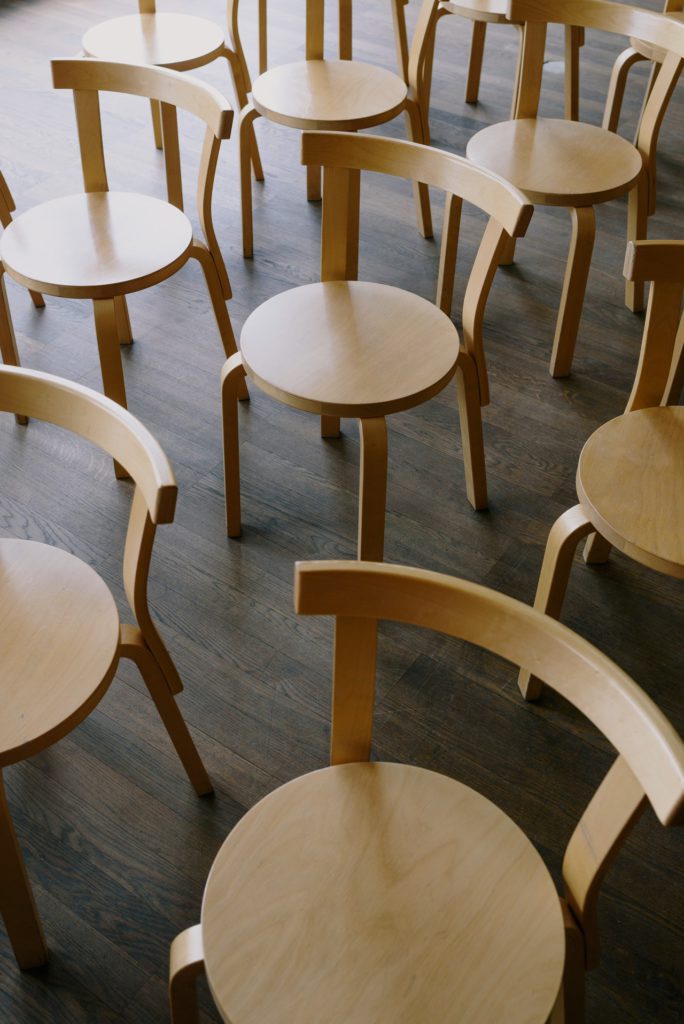

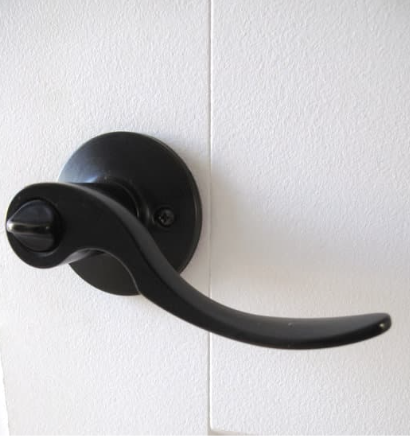








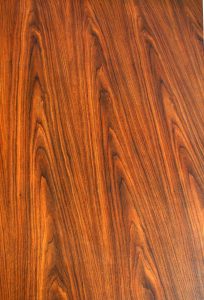






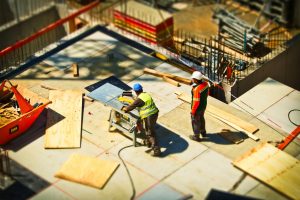

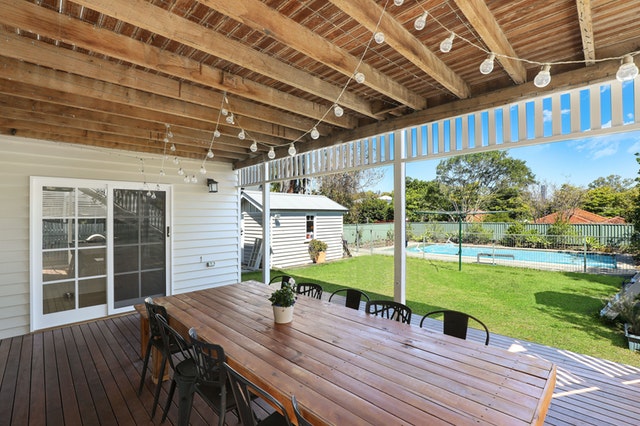



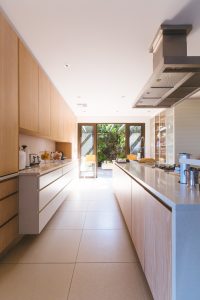






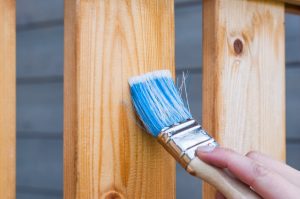

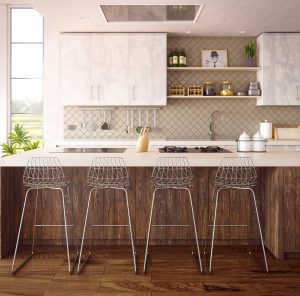
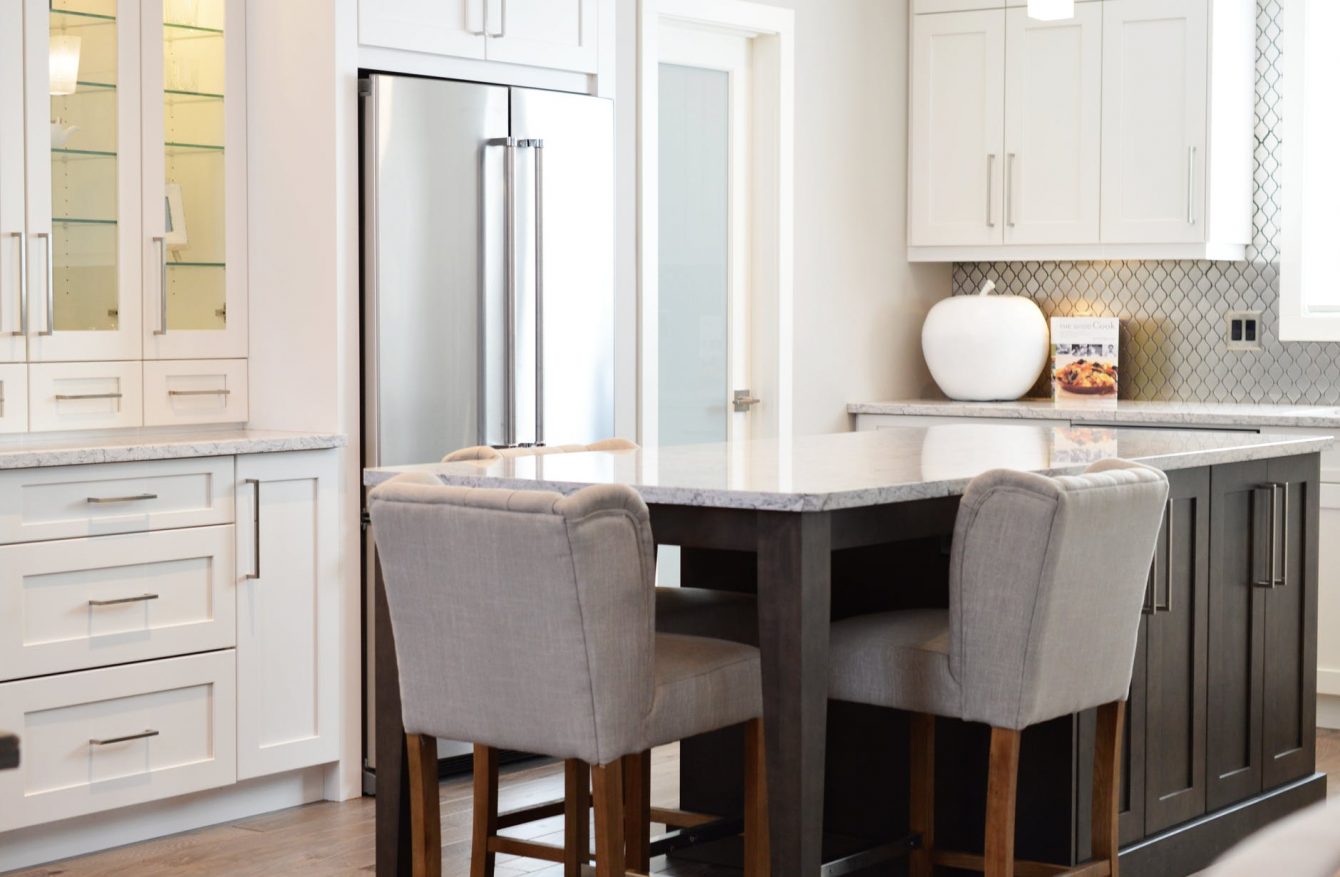

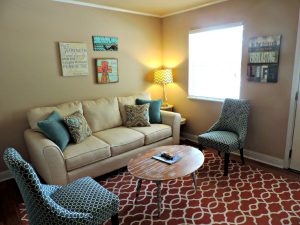




 You can expect to spend anywhere from $500 to $1000-plus for a great suit, but there are still occasional deals available for both genders if you look hard enough, depending on the store and time of year you can sometimes walk out of a store having only paid $300 for a high quality, tailored suit. Stylists generally advise against anything oversize or ill-fitting, or out of date.
You can expect to spend anywhere from $500 to $1000-plus for a great suit, but there are still occasional deals available for both genders if you look hard enough, depending on the store and time of year you can sometimes walk out of a store having only paid $300 for a high quality, tailored suit. Stylists generally advise against anything oversize or ill-fitting, or out of date.



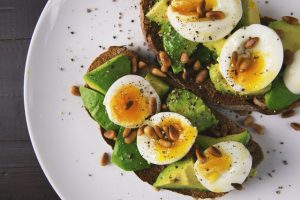


 With conditions in the remodellings market substantially quieter than in brand-new house structure, over one third of renovators have shown that they have handled brand-new house structures working this cycle. Over recent years, an understanding has actually grown that Knock-down Rebuild (KDR) work has actually been changing a few of the bigger remodelling tasks. The current study results mostly refute this theory – simply 28 percent of participants are of this viewpoint. In all likelihood, we are seeing healing in both KDR and building extensions, where the healing in the previous section of the marketplace started initially.
With conditions in the remodellings market substantially quieter than in brand-new house structure, over one third of renovators have shown that they have handled brand-new house structures working this cycle. Over recent years, an understanding has actually grown that Knock-down Rebuild (KDR) work has actually been changing a few of the bigger remodelling tasks. The current study results mostly refute this theory – simply 28 percent of participants are of this viewpoint. In all likelihood, we are seeing healing in both KDR and building extensions, where the healing in the previous section of the marketplace started initially.


